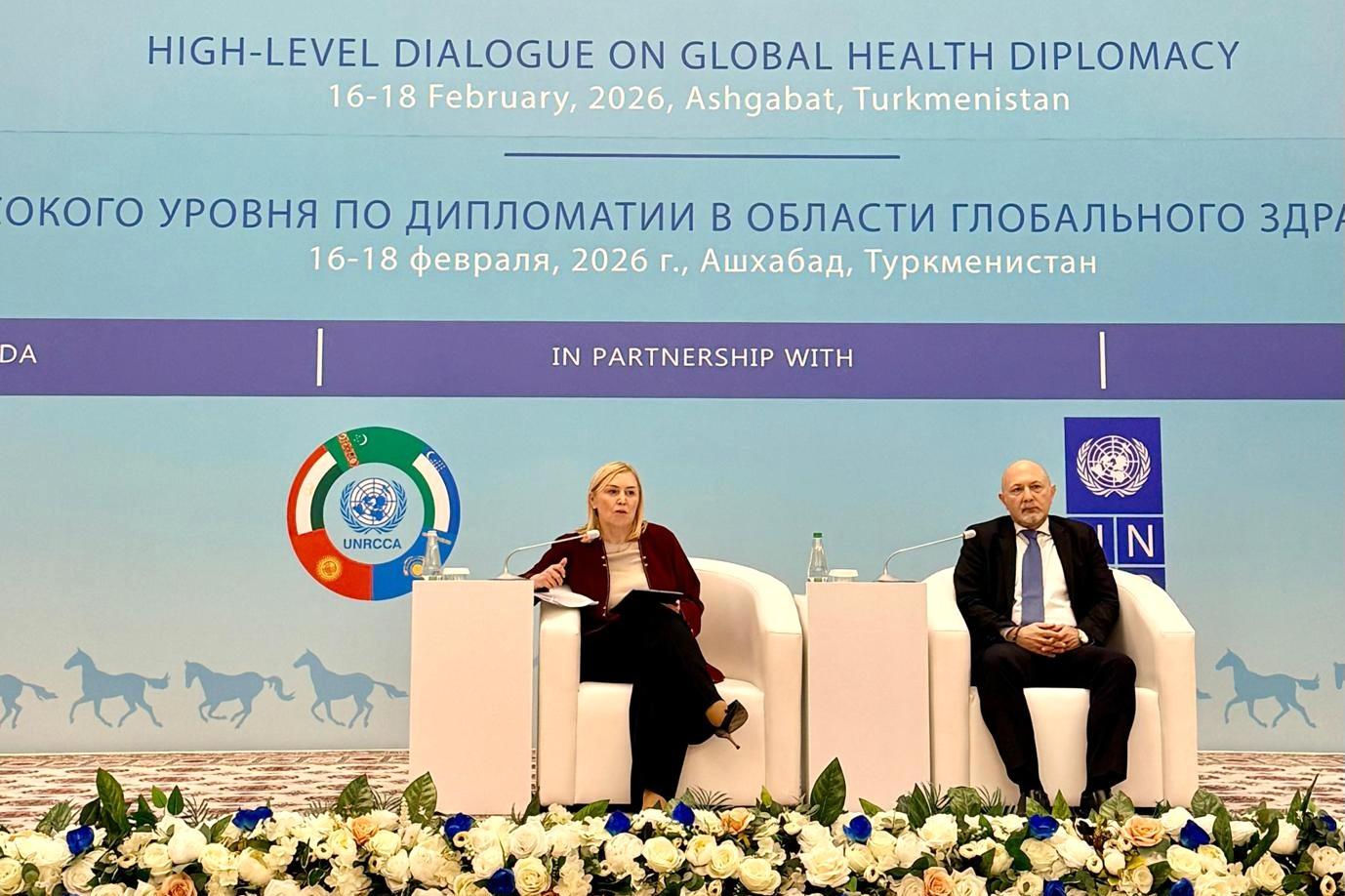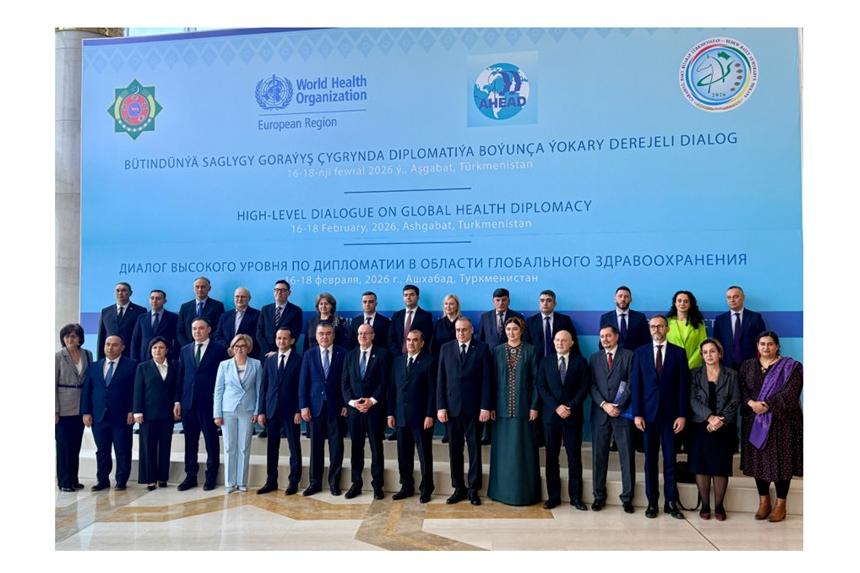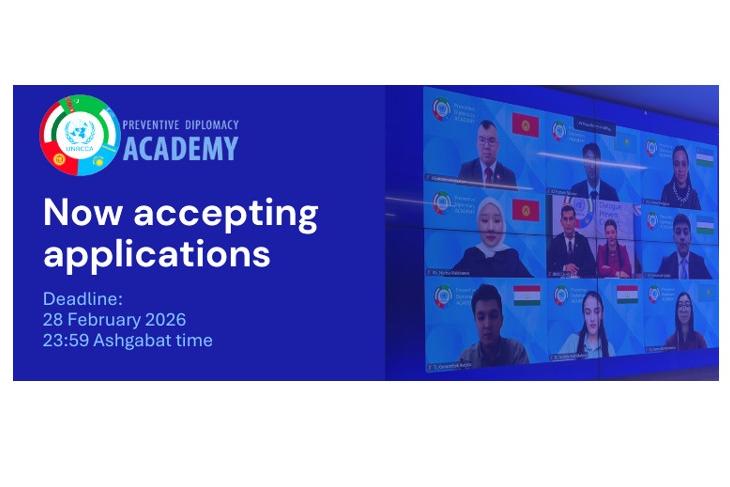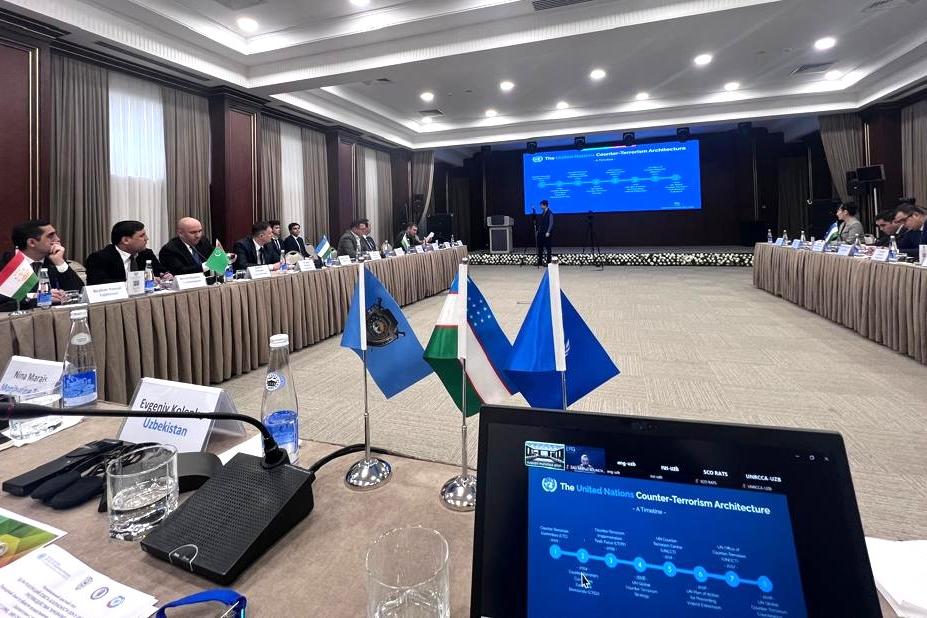On 3-5 September, Kaha Imnadze, Special Representative of the UN Secretary-General for Central Asia and Head of UNRCCA, visited Uzbekistan to participate at the 10th International Scientific and Practical Conference of the Regional Anti-Terrorist Structure of Shanghai Cooperation Organization (SCO RATS) and the 2nd Conference on Combating Terrorism and Extremism organized by the Commonwealth of Independent States (CIS).
Addressing the conference participants representing the SCO Member States, Observer States and Dialogue Partner States as well as the CIS Member States and international, and regional organizations, SRSG Kaha Imnadze underlined that prevention of terrorism in Central Asia is essential not just for protecting well-being of people and ensuring stability nationally and regionally, but it is also a matter of global concern, considering that the wider region has turned into one of the main fronts of global counter-terrorism efforts. He also stressed that addressing conditions conducive to violent extremism and terrorism is one of the most important tasks for the countries of the region. Respect for the rule of law, good governance and human rights for all are the fundamental basis of the fight against terrorism.
As part of his visit, the SRSG also met with H.E. Tanzila Narbaeva, Speaker of the Senate, H.E. Bakhtiyor Saidov, Minister of Foreign Affairs, Mr. Eldor Aripov, Director of the Institute for Strategic and Regional Studies under the President, Mr. Ismatulla Irgashev, Special Representative of the President for Afghanistan, Mr. Abdulaziz Kamilov, Special Representative for Foreign Policy Issues of the President and Mr. Javlon Vakhabov, Director of the International Institute of Central Asia.
The SRSG’s bilateral discussions focused on the outcomes of the recent visit of the UN Secretary-General António Guterres to the region. An exchange of views took place in relation to ongoing joint activities and future plans to address challenges to regional peace and security, with particular emphasis on prevention of terrorism and violent extremism, transboundary water management, implementation of the Women, Peace and Security and Youth, Peace and Security agendas. Special attention was devoted to the situation in Afghanistan and its security implications for Central Asia. The Uzbek interlocutors informed about their work with the Afghan counterparts in the field of socio-economic development and promotion of education.






